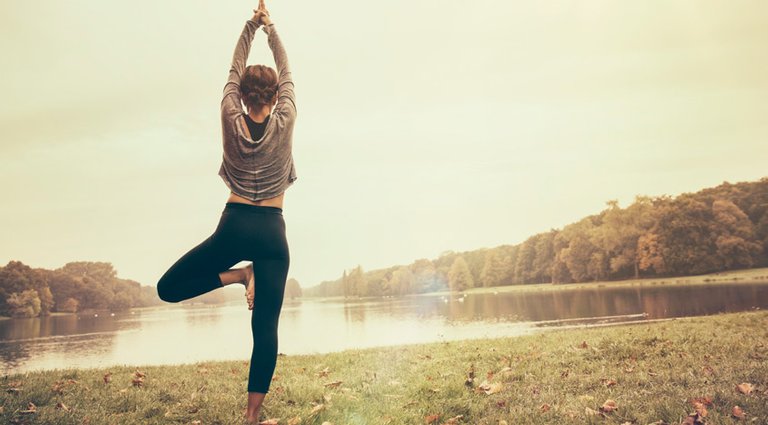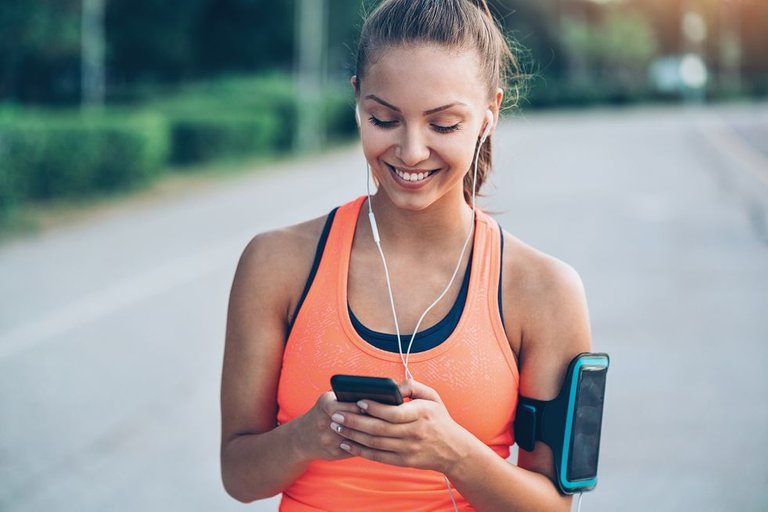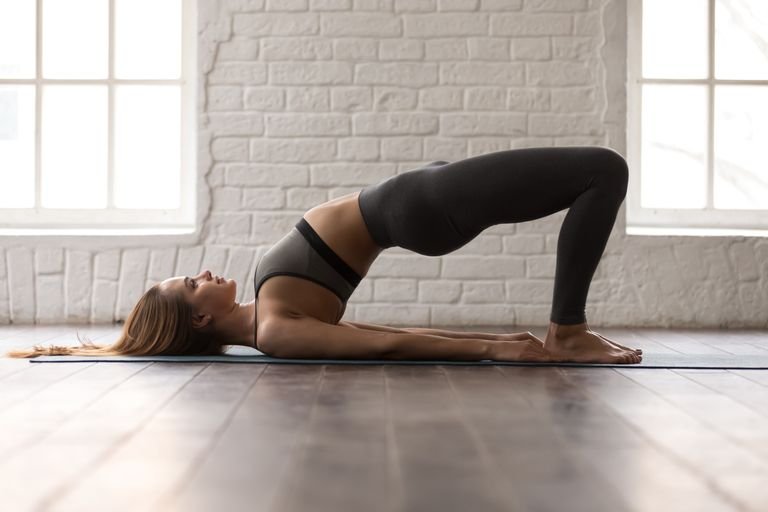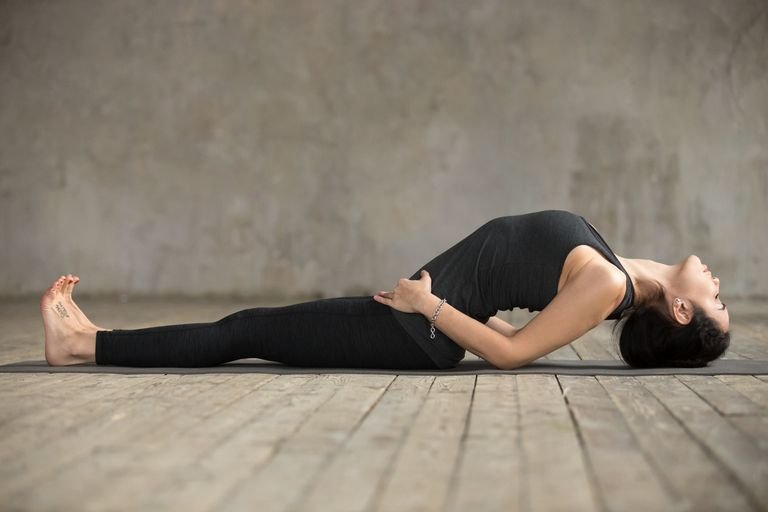Best Exercises for Mental Health

You have probably heard time and time again that exercise is beneficial for your mental health.
It’s true. We’ve written before about how regular exercise can help manage depression symptoms, boost overall mood, reduce cognitive issues, and alleviate anxiety and stress, along with many other mental benefits of exercise.
This is because physical activity directly affects the brain. Exercise increases blood circulation and the production of Brain Derived Neurotrophic Factor (BDNF), a protein found in parts of the brain that aids in thinking, memory, and learning, all of which may help provide relief for mental illness.
While most people think exercise = running, there are many other options to get the heart pumping. The four kinds of exercise are cardiovascular, strength training, balance and flexibility.
And within those categories there are even more options. There’s yoga and pilates. There’s basketball, cycling, dancing, weight training, bowling, gymnastics, golf, boxing, swimming, barre, and so much more. So which one is best for mental health?
Do What’s Best for You
If you’re interested in using exercise to improve your mental health, this list of activities can serve as a good place to start when figuring out what type of exercise best suits your lifestyle and mentality.

However, everyone has different interests and needs, so don’t feel limited to these options or discouraged if an activity doesn’t meet your expectations. It may take some time to find the right fit, but your mental health is worth it.
Running (or walking)
If you need motivation to get moving, the 'runner's high' – the clarity and expansion one feels after a jog or sprint session – should do the trick.
'Outdoor exercise or eco-therapy can be particularly beneficial and research suggests it can actually be as effective as antidepressants in treating mild to moderate depression,' says Mind Information Manager, Rachel Boyd.
Two 2007 studies commissioned by MIND revealed that 94 per cent said outdoor activities including running and walking had benefited their mental health, so for best results avoid the treadmill.
Melanie McKay took up running two years ago to lose weight, but now continues for the mental health benefits, as well as the community she's met through joining a group.'Running calms me almost instantly. I have a fairly busy mind, but also one prone to some pretty dark thoughts,' says McKay.
Boxing

The rumours that hitting a punchbag releases stress and anger is true. Finding an outlet for aggression can be both empowering and healing. Short, sharp 'rounds' of punching, followed by rest, results in an intense interval session, which releases endorphins.
If you 'spar' with another boxer you can achieve 'flow', in which you are focussed solely on the task at hand/present moment; a state that everyone from Buddhist monks to Olympic athletes champion.
Pilates

The mental health benefits of Pilates often get overlooked because of the traditional focus on Pilates for back health and core strength.
'Joseph Pilates (Pilates' founder), believed so strongly in the connection between physical and mental health, he originally called his system of exercise 'Controlology', ie the control of the body with the mind,' says Karen Laing, a Pilates Instructor who has battled anxiety.
'Learning the skill of Pilates and focusing on technique and how your body feels while in a class is a very mindful activity,' she says. 'Pilates is brilliant for stress reduction and relaxation and great for Alpha types since there's no competitive element! Aside from the feelings of wellbeing from moving and mobilising your body, its focus on breathing and relaxation can help to switch on the body's parasympathetic nervous system, which is responsible for sleep and relaxation.'
Yoga

One of the main reasons yoga helps us create better mental health is that it integrates body and mind, although it also works well when incorporated with talking therapy and meditation.
'It's a bit of paradox – yoga looks like it's surface level but works deeply,' says Toni Roberts, a yoga therapist specialising in mental health issues. 'For everyone, particularly people who find it difficult or too scary to sit and look at their own mind, yoga can be a gateway to helping understand what they need physically mentally and emotionally. The continued focus on the breath brings yogis into the present moment and instigates a parasympathetic response from our nervous systems (responsible for 'rest and digest' and helping us calm down).'
These days there are many types of yoga and all contain the fundamental belief that we must balance our yin and yang (our more gentle and forceful energies) and work with our bodies to create holistic health and wellbeing.
Spin classes

These days, spin studios are more like nightclubs, with strobe lighting, bespoke playlists and sometimes even choreographed routines to make fitness fun, bringing participants into the present moment so they can leave their worries behind while they burn off anxiety via their pedals.
London's Boom Cycle founder Hilary Rowland is keen to ensure members' emotional and mental health improves as much as their physical fitness. She is only too aware of exercise's impact on the brain. 'Regular exercise encourages neurogenesis which is the growing of new brain cells' says Rowland. 'This allows us to focus better and learn quicker - plus exercising gives you an energy boost and the more energy you have the more productive you are!'
Resistance training
Lifting weights or bodyweight exercises can have a huge impact on how you feel and look; building muscle and self-esteem as well as curbing anxiety.
Recent research shows that low-moderate intensity resistance training produces a reliable and robust decreases in anxiety, but there's also evidence to show it helps improve cognition and may improve the functioning of your central nervous system (which has a big impact on mood and fatigue levels).
Karen Tippett took up resistance training sessions in Kent – working with kettlebells and her bodyweight to perform - when her father was diagnosed with terminal cancer. 'It was a time where it was necessary to keep going, keep focused and stay composed when I felt (and was) powerless and was constantly anxious,' she says.
'Using kettlebells with a trainer made me feel physically strong and this helped me to be emotionally present and grateful for the time left with Dad. As I could feel my physical strength increase, I became bolder mentally throughout the cancer journey. Since we lost Dad the Kettlebells classes have provided an amazing support from the ladies in the class and left me with a (safe) exhaustion level that has switched my mind and thoughts off enough for me to sleep.'
Rest For Mental Health
Technically not an exercise, but incorporating R&R into any fitness routine is vital for both mental and physical health, as fixating on exercise can damage mental health, rather than nurture it, as Jacqueline underlines:
“While exercise really can be a form of therapy, I do want to point out that exercise can also be an addiction. so it is very important to remind yourself of the word ‘balance’. Going from say, being hooked on having a couple of glasses of wine a night to being addicted to putting the hours in at the gym is actually just swapping one form of addiction for another.”
“Exercise as with everything in life should be about moderation. Too much of anything can be damaging, and you have to work out what is right for you. Just because your best friend trains five times a week doesn’t mean that you need to. Ten minutes a day is a great start, and you can work around that to fit your schedule. Balance to me is about two or three times a week, but I do think that moving your body should always be a priority. Think about the caveman, we are still ultimately made by that model and we still need to move around to keep our bodies happy, supple and healthy. The times to make exercise a prerogative is when it works for you, not against you. In other words, if you have a crazy week at work, focus on that and don’t berate yourself.”

I came from ListNerds and I am glad I did. This is a get list to get people motivated and exercising, especially the R&R. Thanks for sharing.